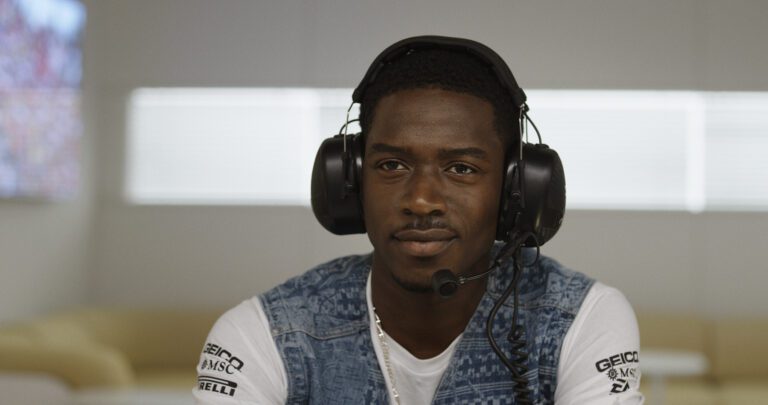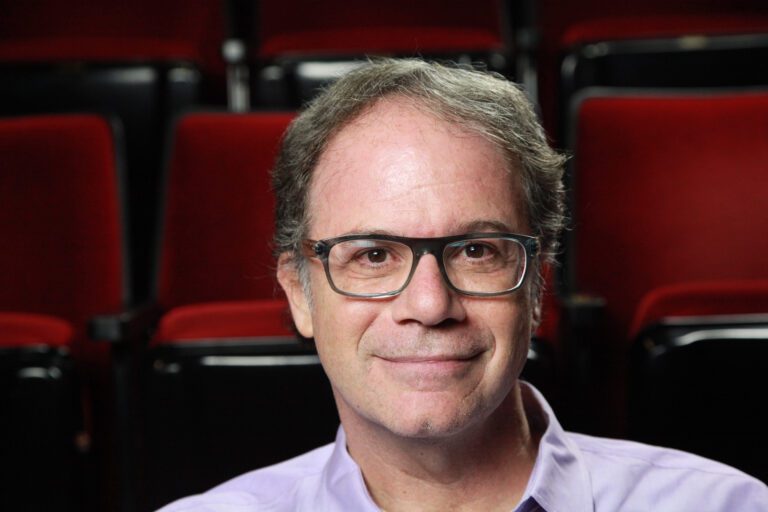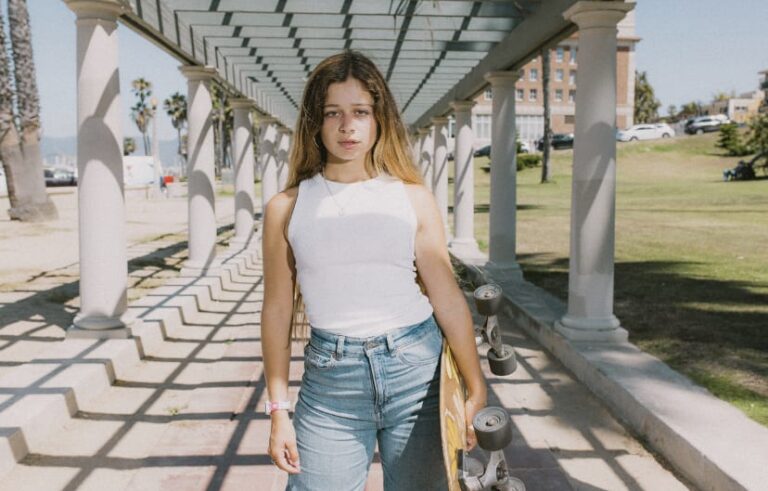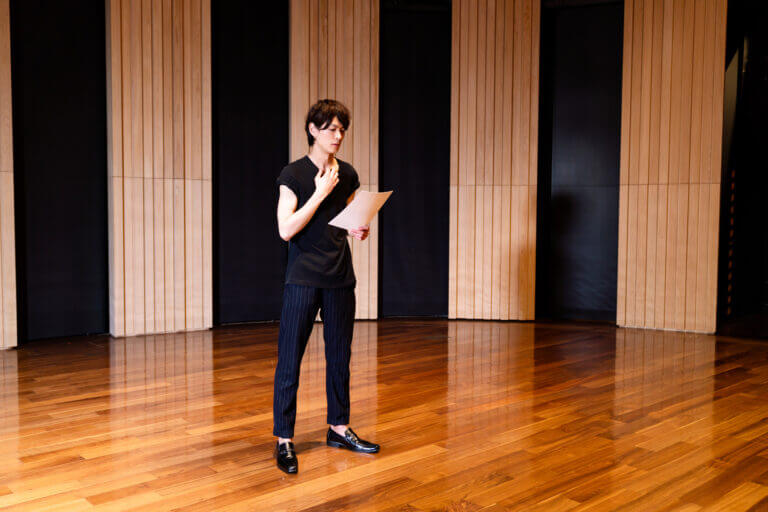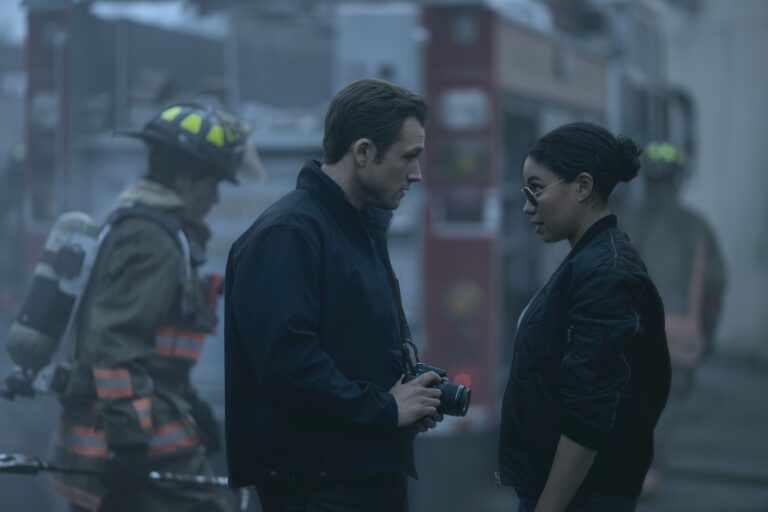One of the best compliments you can give an actor is to acknowledge that it is impossible to pigeonhole them into a single type or genre. They’re too versatile, too adept at disappearing into any given role at any given time to be relegated to any one kind of role. A perfect example of this is actress Radha Mitchell, whose entire career is a study in versatility.
After debuting in the charming 1996 micro-budget Aussie comedy Love and Other Catastrophes, Mitchell starred alongside Ally Sheedy in the 1998 indie drama High Art, which won the latter an Independent Spirit Award for Best Actress. Her performance made people sit up and take notice of the talented young actress who held her own with the veteran thespian. Two years later, Mitchell starred opposite Vin Diesel in Pitch Black, and nothing was ever the same.
Over the last quarter century, Mitchell has worked constantly, always mixing it up. There’s been horror (Silent Hill), action (Man on Fire, Olympus Has Fallen and its sequel, London Has Fallen), comedy (Melinda and Melinda), sci-fi (Surrogates), drama (Finding Neverland) — the list goes on.
Mitchell is one of those actresses who is always in demand because she’s that good, that interesting, and that talented. Her latest project is the dramedy series Last Days of the Space Age, set in 1979 Perth, as the world changes and the U.S. space station Skylab comes crashing to the ground, premiering October 2 on Disney+. She spoke to us from Los Angeles.
How did you start as an actor?
I was a child model, and then I was asked to audition for a TV show when I was 13. I ended up playing in this little TV show about girls in the 1920s who were staying with their grandmother to go to school, who got up to all kinds of mischief. I did that for a couple of months, and I was like, “Wow, this is cool and amazing,” but I ended up finishing school.
When I started university, I called that agent from back in the day and said, “I’m interested to do some acting work.” He would send me out to auditions at that point, so I started doing various projects in Australia while I was studying.
The first thing I saw you in was Love and Other Catastrophes, which was your first feature, right? How did that come together?
That came out of that whole university period. It was made by one of my friends. Someone’s father had paid for this very low-budget film, like $40,000 or something.
I was living in a shared house, and it was one of those kinds of things where everybody in the shared house was in the film. It was very reflective of that moment in our lives. It ended up going to the Cannes Film Festival and getting sold for a million dollars. It was a little phenomenon in our community in Australia. From there, I went on to meet my manager at the Cannes Film Festival and then came to the U.S. That’s how it all began.
High Art came next, then Pitch Black. Which one would you consider your breakthrough?
I don’t know. I think it was all one thing to the next. Without the Australian film, I wouldn’t have got to be known. That was a revelation. Then High Art was in Sundance and Cannes, which got me a lot more attention. From that, Pitch Black was kind of an opportunity to make money.
I don’t think I got paid for these other movies, so that was a whole different headspace. I had a significant paycheck at that age. It’s just sort of been a bit of a zigzag ever since.
Is there a secret to how much you work?
Well, I think it helps to be from two cultures. Working in Australia and being able to work on these American projects, strangely enough, I’ve been able to work in French films and British films. That’s been interesting. Diversification. I’ve been able to work in different ways and in different capacities. I haven’t been playing one note, maybe that helps.
You turned 50 last year, and you’re still working a ton when a lot of women aren’t getting offered roles anymore. Can you chalk that up to anything? Or do you think it’s about work begetting work?
I don’t know. It’s a surprise to me. It’s an interesting epoch. I think the time between 50 and 60 is always a difficult chapter, but I also think that chapter is being reinvented by women as we speak — what that’s going to be like, and what that should be like. I think just by participating, you’re part of that. I feel like that chapter is being written as we speak.
It must be interesting to be able to be a part of that as it’s being written, just because of the way society has changed. I mean, we’ve seen it firsthand over the last, what? Even five to seven years.
Yeah, it is interesting. I think instead of disguising their age, a lot of women are coming out as 50. (Laughs) You know, there’s all these women talking about menopause, all these subjects that have been so taboo in relation to femininity.
I think Jane Fonda has been right at the front of it. I mean, she’s 80, but she’s always been talking about these kinds of things. I think the most important thing is that you just see individuals playing roles that are reflective of their personalities, as opposed to being pigeonholed into these ideas of what women should be in certain periods.
What can you tell me about your role in Last Days of the Space Age?
Yeah, I’m playing a housewife, who’s sort of the every woman. The series is beautifully shot, interesting, has amazing costumes, great soundtrack. There’s a kind of gentleness and kindness to the storytelling, which I think is nice.
I think the character has room to evolve. She’s the central character, but in the sense that things are happening around her, and she’s kind of representative, I think, of women in the 1970s who were entering the workforce. Part of her journey is about discovering that she’s pretty good at it. It’s meant to be very ordinary, like, the beauty of the ordinary things, right?
Even though it takes place in the 70s, it’s pretty contemporary. There’s a unique tone to it that is very specific to this show. It’s poetic, also a bit funny, but it’s also very sincere, so it’s quite lovely.
What haven’t you done that you’d like to do?
Maybe direct. I’ve always enjoyed action and would want to do more. There is a person that I’d like to play. There’s this Australian artist called Vali Myers. She was a bohemian who lived a very unusual life. I think it’d be interesting to do some sort of biopic about her.
Maybe that’s the one you can direct.
Maybe!
Thinking about joining Casting Networks? Sign up for a free trial today!
You may also like:


